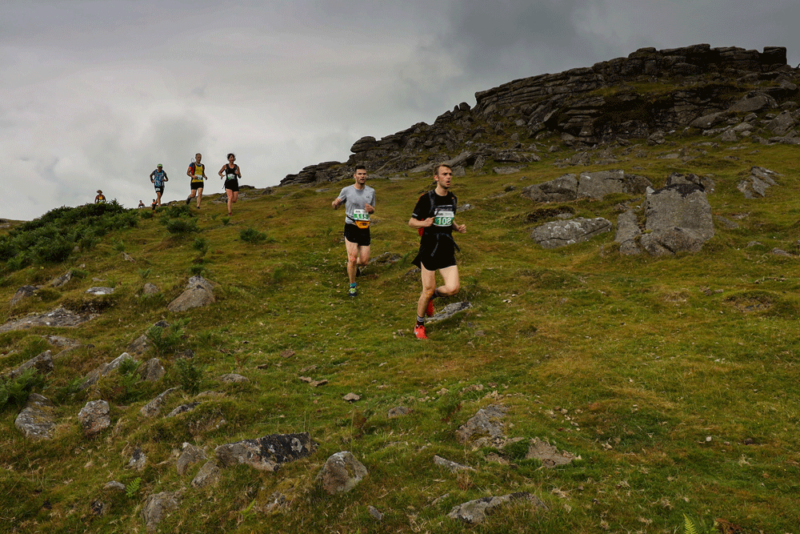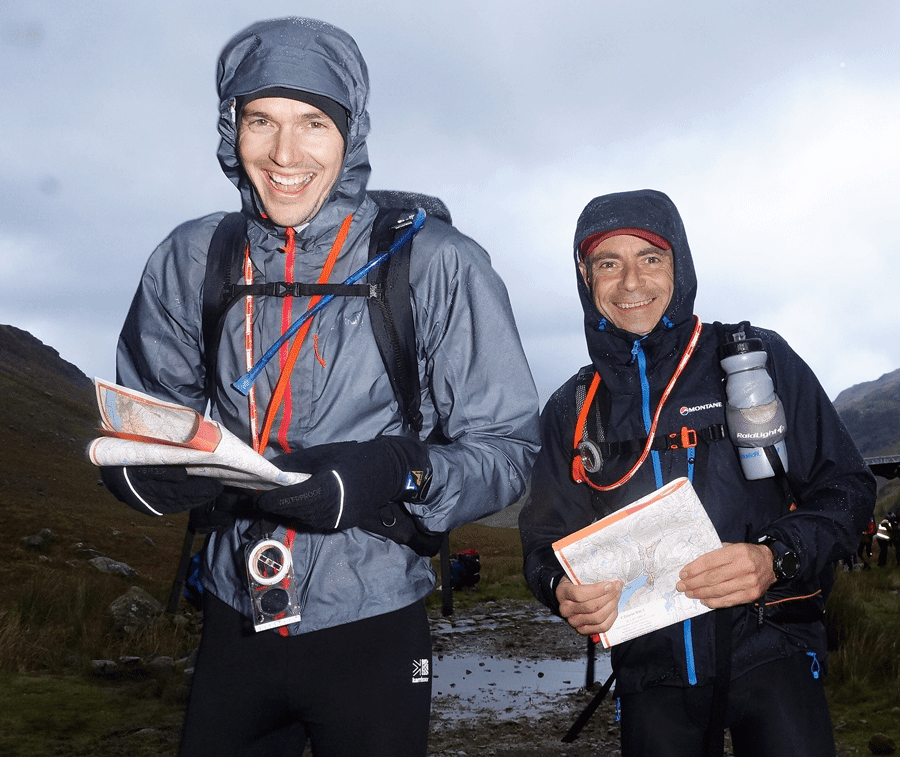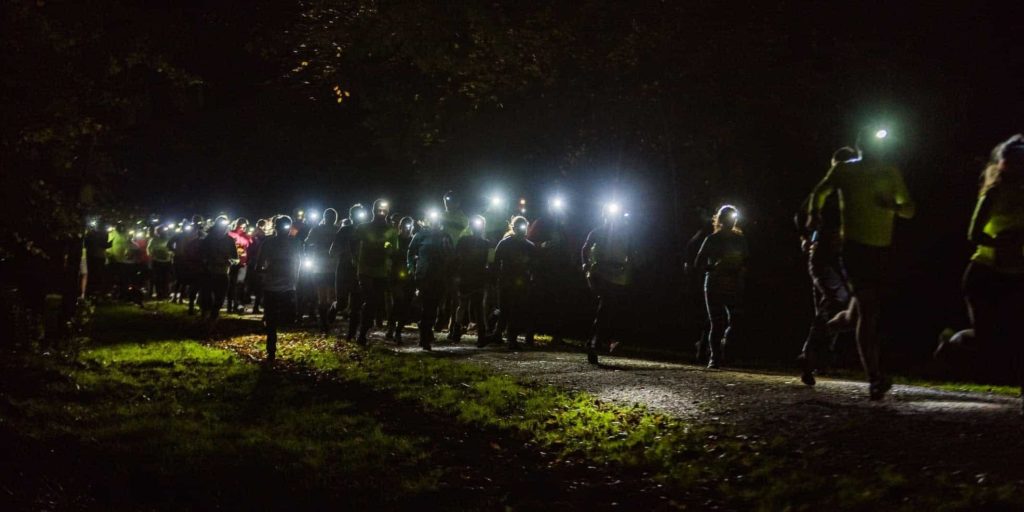
What gear should you take on a trail run
By Jason in EtchRock,Running,Trail Running
Going for a trail run can be exhilarating when you have beautiful backdrops, and now more of us are than ever before are venturing into fields, forests, moors and mountains in search of a wilder kind of running.
With trail running, you get to experience the thrill of running through spectacular landscapes without the need for some tricky navigation, and you don’t need to be an expert runner. What could be better than going for a run in the heart of nature. With so many ways to race on trails, this is one of the fastest growing sports for all abilities and ages.
We caught up with Ceri Rees, the founder of Wild Running and experienced Upland and Mountain Marathon runner/Trail Runner to find out what you need when going on a trail run. Here’s what he had to say…
”The beauty of trail running is that you don’t necessarily need a bunch of gear to do it. Going for a short, quick trail run can be as simple as pulling on your shorts and a T-shirt, lacing up your running shoes and heading for a trail. With that said, as you begin taking on higher mileage and more challenging terrain there are things you’ll want to carry to make your runs more enjoyable.”
So what should you take?
Water: Water is a must for all but the shortest runs. You can carry water in a hydration pack, hydration vest, handheld water bottles or waist packs with water bottles. If you don’t like carrying water out on your runs, some valuable advice from Ceri Rees, founder of Wild Running, “bring a straw filter with you on a long run and fill up from streams, rivers or public fountains in parks.”
Extra Clothing: Your running clothing should ideally be synthetic or moisture-wicking merino wool rather than cotton, which is really slow to dry. For wet or cool weather, a windbreaker or lightweight rain shell is advisable.

Dressing in layers is also recommended, especially on your longer runs. This helps you regulate your comfort throughout the day. You might start off cold but as you heat up on a hill climb you can shed some layers and when you cool off if bad weather moves or during a break, you can add layers them back on.
Food: For short runs you’ll probably not need to carry food or at least not more than an energy gel or two, but if your out for a couple hours or more you’ll want to have some energy food such as gels, bars or chews.
If you’re just starting to run longer distances you may want to try experimenting with different foods to see what sits well for you. With running longer distances, such as ultramarathons, you may find that heartier foods like nuts, bars, jelly sandwiches, peanut butter, and other real foods sit well, generally because you’re typically moving at a slower pace.
GPS Watch: Runners used to staying on the pavement should expect their paces to slow once they veer onto trails. Having a GPS watch like the Garmin tactix that tracks distance and speed and can be used to help navigate can really help with running on trails. Some of these devices have a heart rate monitor which can help maximize the effectiveness of your workout.
Navigation Tools: If you’re venturing on trails that you’re not familiar with then it’s a good idea to have some sort of navigation tools. As mentioned above this could be a GPS watch with this feature or you could opt for a map and compass. If you’re really looking to up your navigation game, why not take part in one of Wild Running’s Navigation courses on Dartmoor. They’ve got everything covered, from plotting your own route, to estimating distance and speed and even provide an introduction to the tools needed to feel confident about running alone off road.
Lights: If you like to run at night or there is a chance you won’t get to complete your run before dark the having a light is a must. Typically a decent head torch is sufficient but some trail runners prefer to carry a handheld flashlight in addition to having head torch to really light up the trail. If you’re not sure whether night running is for you, check out Wild Running’s advice on Night Running: Why do it? If you’re all set and ready to take on some night running, maybe The Wild Night Run is just what you’re looking for. Check out some great value reliable lights here.
Sun Protection: This might sound like an obvious one but it’s an easy one to forget and one item you’ll wish you hadn’t forgotten. This could include sunscreen, a hat, lip balm, and sun-protective clothing. Bear in mind that if you’re fair-skinned you can get skin damage in as little as 15 minutes of midday sun.
First-Aid Kit: If your runs lasting an hour or less and that aren’t too far from civilisation, then most runners don’t carry much or anything at all. But, if you’re running on a tough trail or a run that will likely last several hours or more, a simple first-aid kit can be extremely useful if you have a fall. For trail runs in really remote locations it’s worth considering taking some additional items such as an emergency shelter, elastic wrap, emergency splint, water treatment tablets and other medical supplies for more serious injuries. If you’re entering an organised trail run, be sure to check their kit list – both mandatory and non mandatory. Have a look at an example of items you could expect to see on the list here.
If your looking for a trail running event, including anything from short family-friendly runs, right the way up to ultimate ultramarathons then you’re in the right place. Find your next trail race today or why not check out Wild Running and one of their many events.
